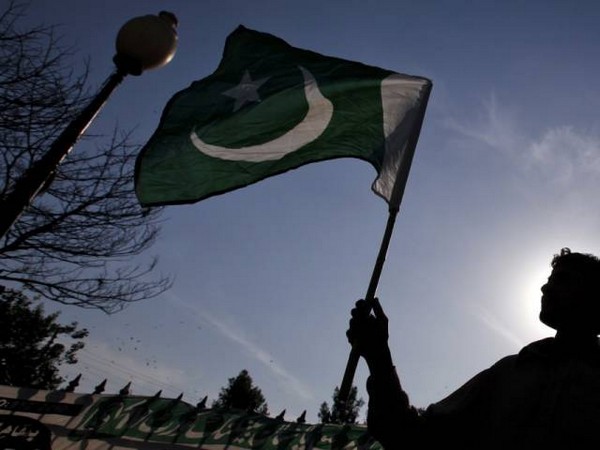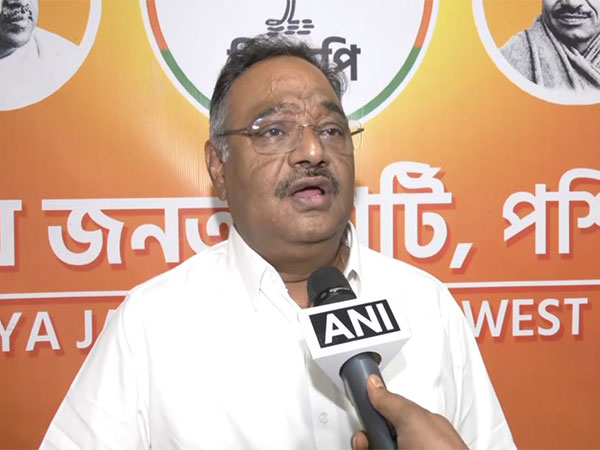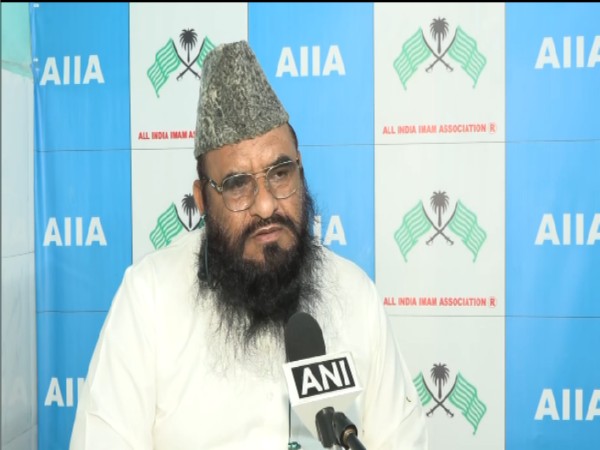Kurram [Pakistan], July 29 (ANI): After sectarian violence claimed 35 lives in Pakistan’s northwest district of Kurram in Khyber Pakhtunkhwa, the Human Rights Commission of Pakistan (HRCP) expressed concerns over the recent deadly tribal conflict and called on to peacefully resolve the conflict through negotiations.
Sharing a post on X, the non-government organisation committed to protecting human rights stated, “HRCP is deeply concerned at the significant loss of life in Parachinar, Kurram, where rival tribes have engaged in a violent land dispute for several days, fueling sectarian conflict. The violence has taken a heavy toll on ordinary citizens, whose freedom of movement and access to food and medical supplies have been curtailed.”
According to the Pakistani media outlet Dawn, the tribal clashes, which began days ago in the Kurram district due to a land dispute, involved heavy weaponry used to target each other’s positions. The five-day conflict has so far claimed at least 35 lives. Violence also spread to other areas such as Peewar, Tangi, Balishkhel, Khaar Kalay, Maqbal, Kunj Alizai, Para Chamkani, and Karman.
The HRCP appealed to the Khyber Pakhtunkhwa (KP) government in response to the intensifying conflict in the Kurram district. It said, “HRCP calls on the KP government to ensure that the ceasefire being brokered, holds. All disputes, whether over land or born of sectarian conflict, must be resolved peacefully through negotiations convened by the KP government with all stakeholders represented.”
Residents reported that missiles and rockets were launched towards the towns of Parachinar and Sadda as well. The report said that educational institutions and markets remained closed, and traffic on major roads was halted.
Efforts by a tribal council from Hangu and Orakzai districts were ongoing to broker a ceasefire between the Boshehra and Maleekhel tribes, Dawn reported.
Ethnic and tribal disputes in Pakistan are complex and multifaceted, often rooted in historical, social, economic, and political factors. These conflicts typically involve clashes between different ethnic or tribal groups over resources, land, political representation, or cultural identity.
Many of these conflicts have deep historical roots, dating back to colonial times when administrative boundaries were drawn without regard to ethnic or tribal affiliations. This led to grievances over land ownership and political representation. The clashes between Orakzai and Khyber tribes had intensified between 2008 and 2010.
According to a report by the Pakistan Institute for Peace Studies (PIPS), these clashes were fueled by disputes over land and resources, exacerbated by militant groups operating in the region. The report highlights the complex interplay of tribal dynamics and militant activities in the area. (ANI)
Disclaimer: This story is auto-generated from a syndicated feed of ANI; only the image & headline may have been reworked by News Services Division of World News Network Inc Ltd and Palghar News and Pune News and World News
HINDI, MARATHI, GUJARATI, TAMIL, TELUGU, BENGALI, KANNADA, ORIYA, PUNJABI, URDU, MALAYALAM
For more details and packages
















